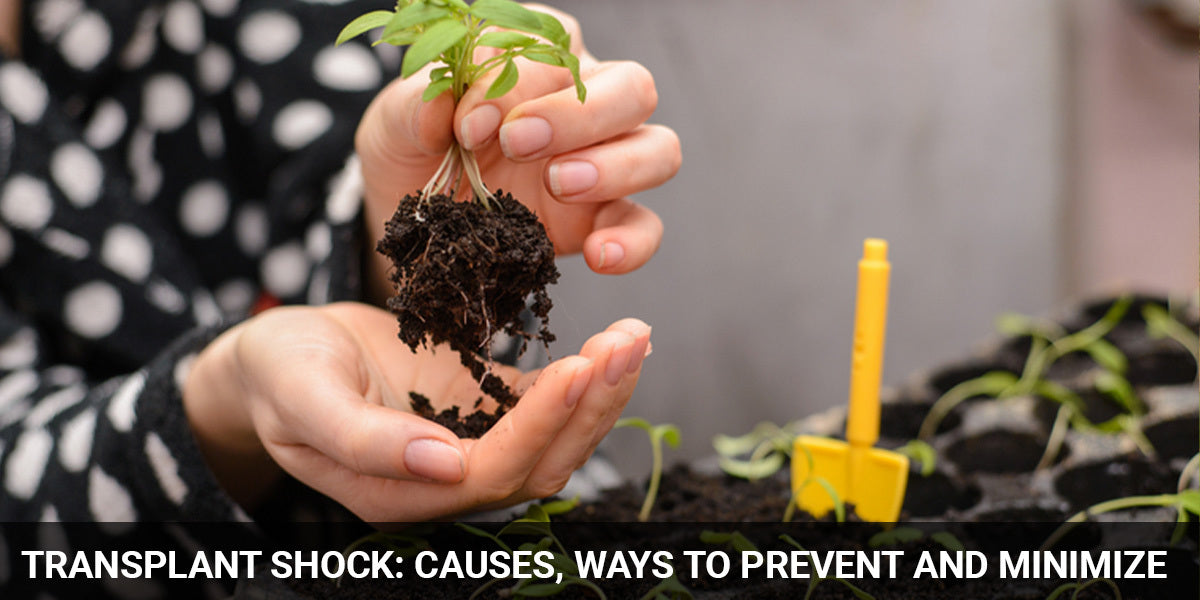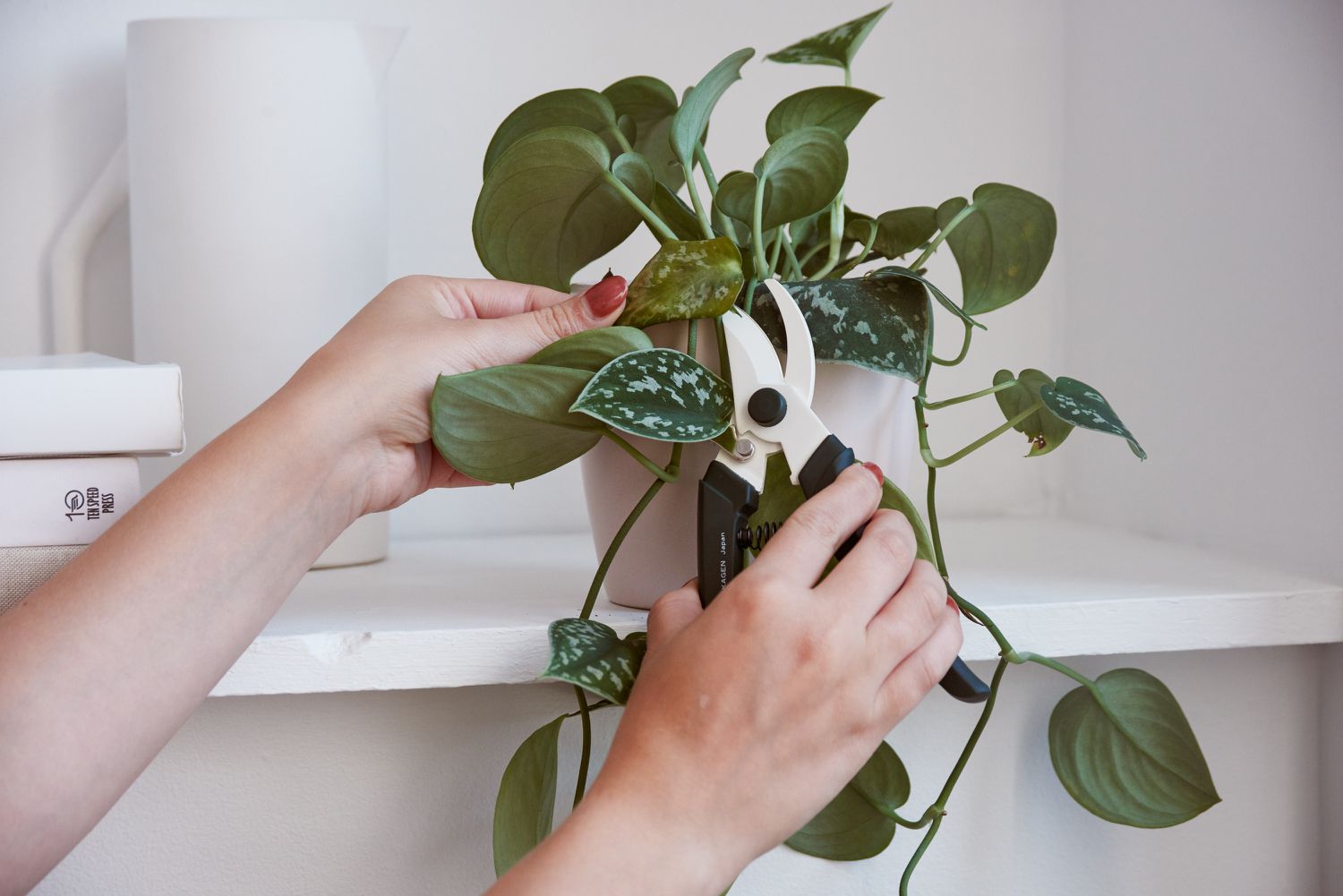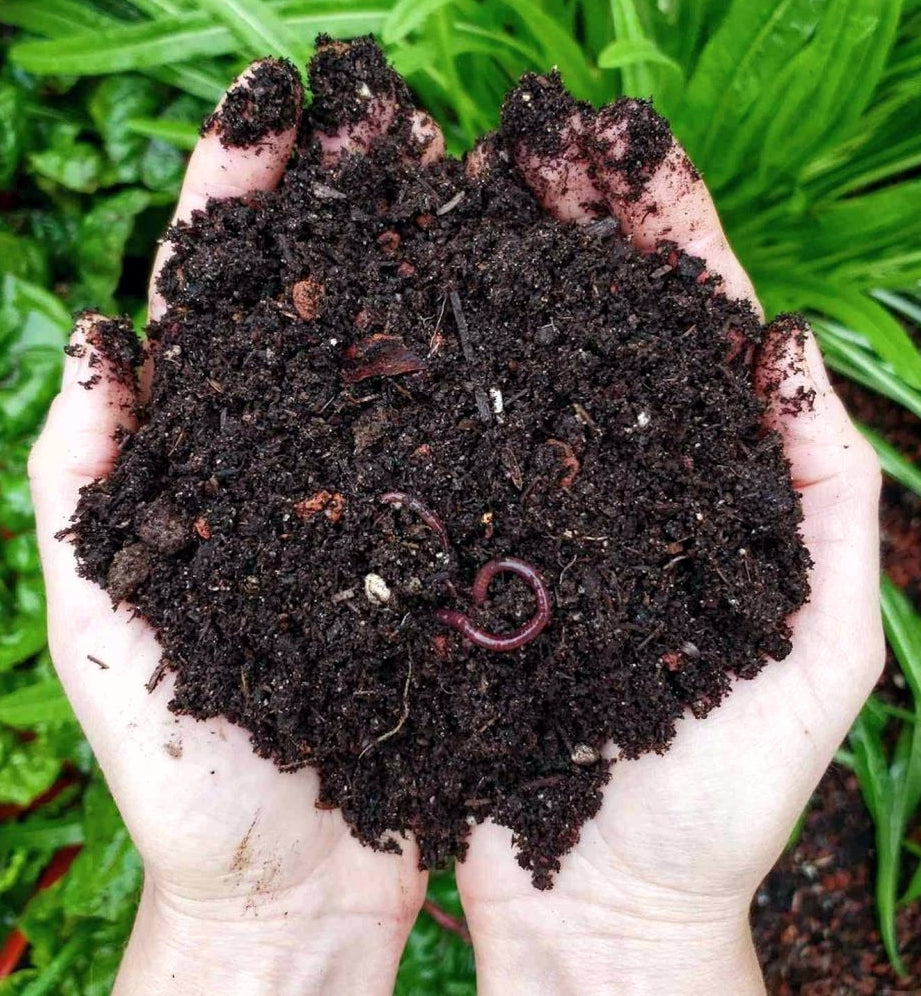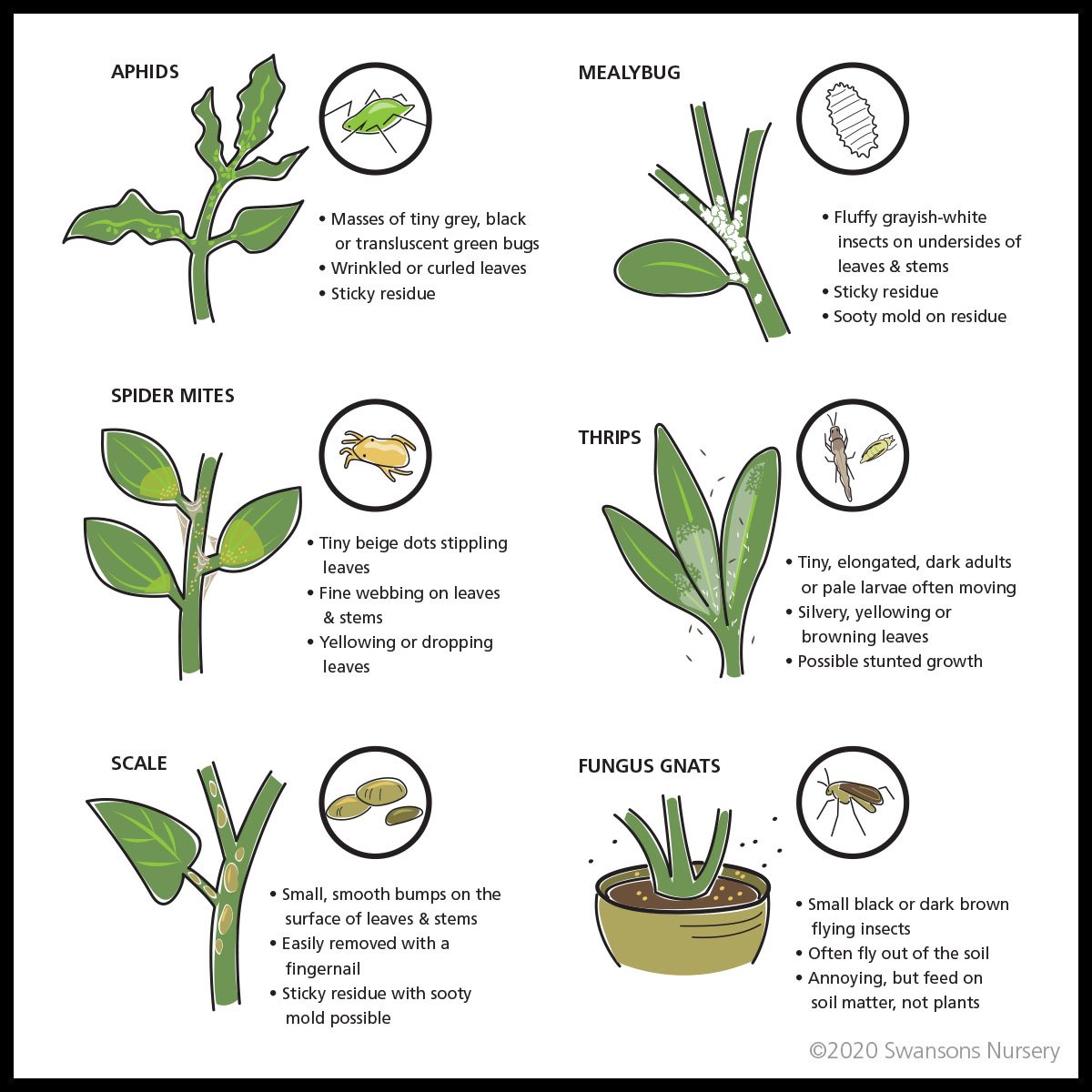How to Reduce Plant Transplant Shock Naturally
Transplanting can be a stressful experience for plants, causing them to go into shock as they adapt to their new environment. This shock can lead to wilting, yellowing leaves, and stunted growth. Instead of relying on harsh chemicals to help your plants through the transplant process, consider using organic solutions to minimize the shock and help them thrive in their new home.
1. Mycorrhizal Fungi
Mycorrhizal fungi are beneficial fungi that form a symbiotic relationship with plant roots, helping them absorb nutrients more efficiently. These fungi can be added to the soil when transplanting to boost the plant’s immune system and promote healthy root growth. By enhancing the plant’s ability to take up water and nutrients, mycorrhizal fungi can greatly reduce transplant shock.
2. Kelp Extract
Kelp extract is a natural fertilizer derived from seaweed that is rich in trace minerals and growth hormones. When used as a foliar spray or added to the soil, kelp extract can stimulate root growth, improve nutrient uptake, and enhance the plant’s resistance to stress. By providing essential nutrients and promoting root development, kelp extract can help plants recover from transplant shock more quickly.
3. Compost Tea
Compost tea is a liquid fertilizer made from steeping compost in water. This nutrient-rich solution is full of beneficial microbes and nutrients that can improve soil health and promote strong root growth. By watering your plants with compost tea after transplanting, you can help them establish themselves more quickly and reduce the risk of transplant shock.
4. Aloe Vera Gel
Aloe vera gel is known for its soothing and healing properties, making it a great natural remedy for transplant shock. By applying a thin layer of aloe vera gel to the plant’s roots before transplanting, you can protect them from damage and help them recover more quickly. The gel will also provide a protective barrier against pathogens and help the plant retain moisture during the stressful transplant process.
5. Neem Oil
Neem oil is a natural insecticide and fungicide that can also help plants recover from transplant shock. By spraying neem oil on the leaves and stems of your plants after transplanting, you can protect them from pests and diseases that may take advantage of their weakened state. Neem oil is safe to use on most plants and can provide an extra layer of protection as they acclimate to their new surroundings.
Conclusion
Plant transplant shock can be a challenging hurdle for gardeners to overcome, but with the right organic solutions, you can help your plants survive and thrive in their new environment. By using mycorrhizal fungi, kelp extract, compost tea, aloe vera gel, and neem oil, you can minimize transplant shock and give your plants the best chance at a successful transition. Remember to water your plants regularly, provide them with adequate sunlight, and monitor their progress closely to ensure they are adjusting well to their new home.



